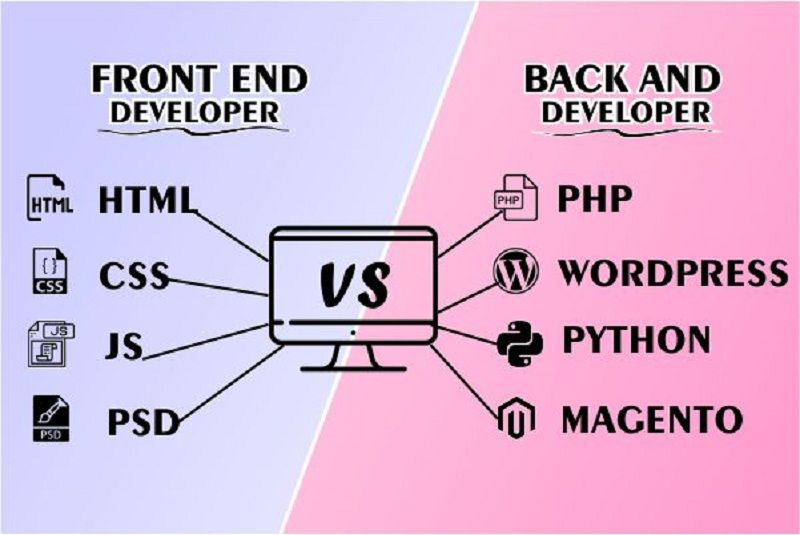How Web Development Affects Website Speed and Performance
In today’s digital age, having a fast and high-performing website is crucial for online success. Website speed and performance not only affect user experience but also impact search engine rankings. One of the key factors that determine the speed and performance of a website is web development. In this article, we will explore how web development practices can influence website speed and performance.
Optimized Code
One of the most important aspects of web development that affects website speed and performance is the quality of the code. Well-structured and optimized code can significantly improve a website’s loading time. Clean code that follows best practices such as minification, compression, and caching can reduce the file size of a website, leading to faster loading times and improved performance.
Responsive Design
Another crucial factor in web development that impacts website speed and performance is responsive design. With the increasing use of mobile devices, it is essential for websites to be responsive and mobile-friendly. A well-designed responsive website adapts to different screen sizes and devices, ensuring a consistent user experience across all platforms. Responsive design not only improves user engagement but also helps in boosting search engine rankings.
Image Optimization
Images are often one of the main culprits behind slow-loading websites. In web development, optimizing images is crucial for improving website speed and performance. By compressing and scaling images to the appropriate size, web developers can reduce loading times without compromising on visual quality. Additionally, lazy loading techniques can be implemented to delay the loading of offscreen images, further speeding up the website.
Browser Compatibility
Web developers need to ensure that websites are compatible with different browsers and devices to provide a seamless user experience. Cross-browser compatibility is essential for reaching a wider audience and improving website performance. By testing websites on multiple browsers and devices, developers can identify and fix any compatibility issues that may affect speed and performance.
Server Configuration
The server on which a website is hosted plays a significant role in its speed and performance. In web development, optimizing server configuration can help in improving website loading times. Configuring server settings such as caching, GZIP compression, and CDN integration can reduce server response times and enhance website performance. Choosing a reliable hosting provider with fast servers is also crucial for ensuring optimal speed and performance.
Conclusion
In conclusion, web development plays a crucial role in determining the speed and performance of a website. By focusing on factors such as optimized code, responsive design, image optimization, browser compatibility, and server configuration, web developers can create websites that load quickly and provide a seamless user experience. Investing in web development practices that prioritize speed and performance can help businesses attract more visitors, improve search engine rankings, and ultimately achieve online success.


